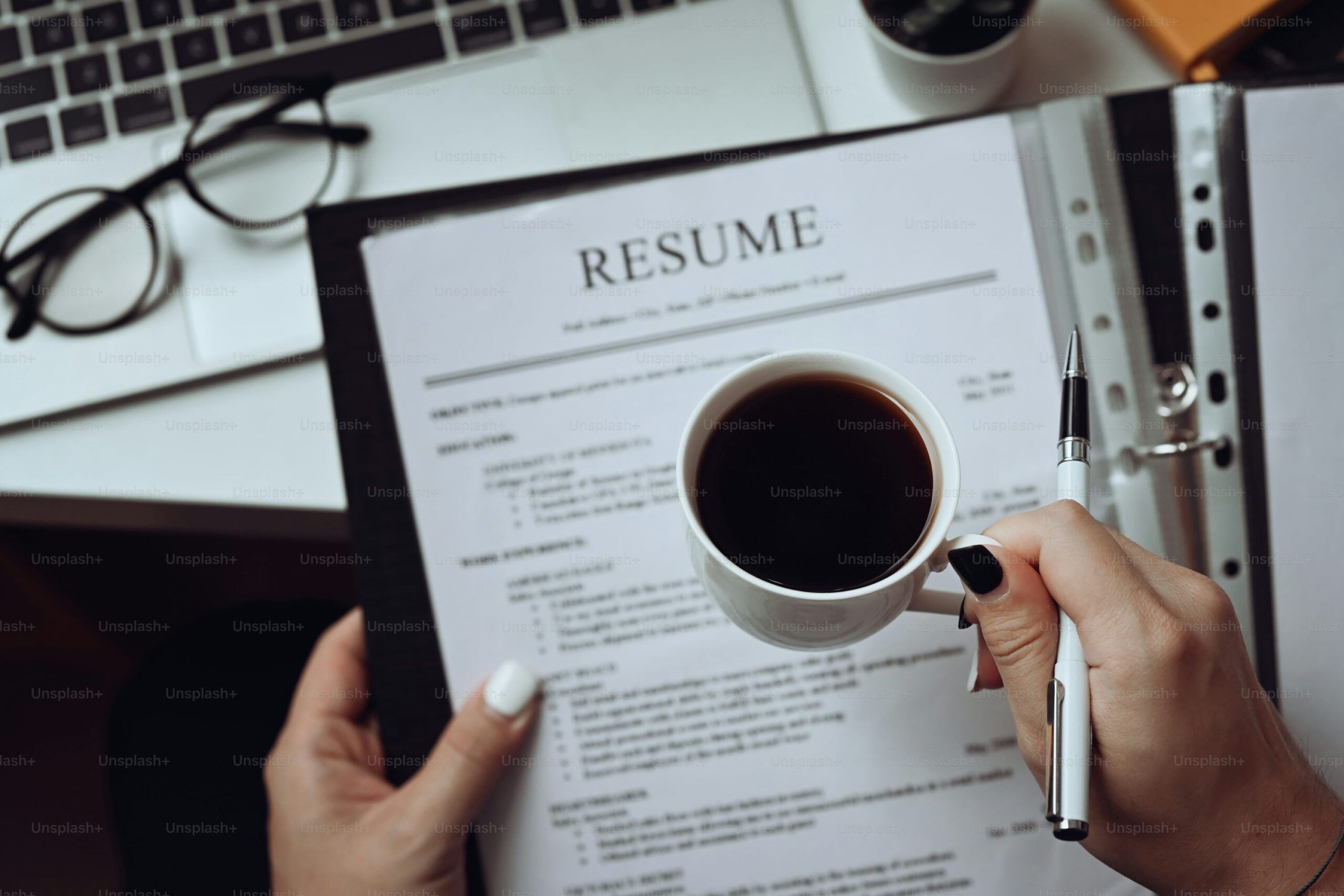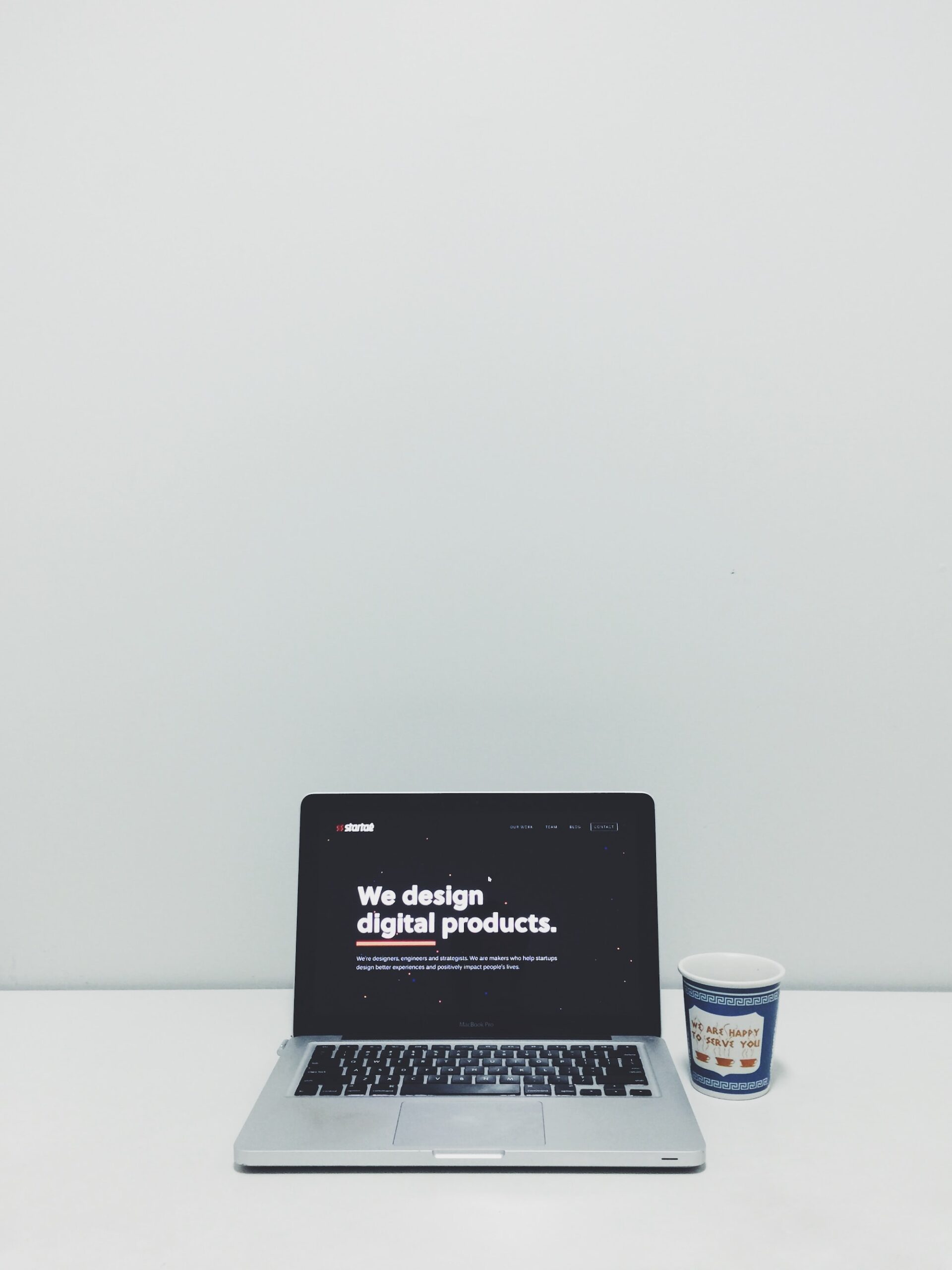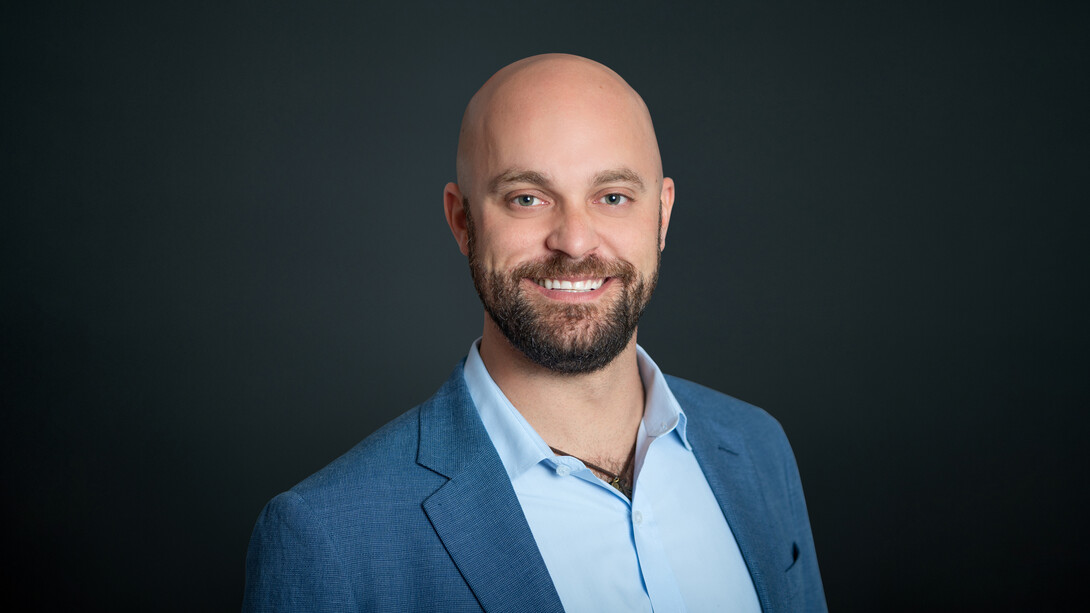I’m excited to share some thoughts on one of the most common and important interview questions: “Walk me through your resume.” This question can feel a bit overwhelming at first, but it’s really an opportunity to highlight your story and show the interviewer how your background makes you the right fit for the job.
In this post, I’ll break down why this question matters, share tips on how to answer it naturally and offer some additional resources to help you feel confident the next time you step into an interview.
Why This Question Matters
When interviewers ask, “Walk me through your resume,” they’re not just checking if you have the right skills or experiences on paper. They want to see how you present your journey, how you connect the dots between your past roles, and what you’ve learned along the way.
According to a report by Jobvite, a strong narrative during interviews can increase your chances of moving forward in the hiring process by up to 30%. This shows that sharing your story isn’t just about recounting dates and job titles—it’s about connecting your experiences to your future potential.
This question is your chance to set a positive tone for the rest of the interview. It allows you to share your personal growth, explain any gaps or changes in your career path, and demonstrate that you’re not just a list of experiences, but someone who actively shapes your own journey. I’ve seen many candidates transform this question from a stumbling block into a stepping stone by preparing a clear, honest, and engaging narrative.
Breaking Down the Question
At its core, “Walk me through your resume” is an invitation to tell your story. Here’s a simple way to think about it:
Just Before You Go
Empower individuals to overcome barriers, gain essential skills, and secure gainful employment through our proven programs—KeelMaster, KeelWings, and KeelMate. Your support can spark change and build brighter futures.
Donate Now- Start at the Beginning: Briefly mention your education and any early work experiences that set the stage.
- Highlight Key Experiences: Focus on the roles that are most relevant to the job you’re applying for. Share what you did, what you learned, and how it prepared you for future challenges.
- Connect the Dots: Explain transitions between roles. If you’ve switched industries or taken a break, share the reasons in a way that shows growth and intentional decision-making.
- End with the Present: Conclude with why you’re excited about the role you’re interviewing for and how your past experiences have prepared you for it.
By following these steps, you’ll be able to create a clear, engaging narrative that not only lists your qualifications but also shows how you’ve evolved in your career.
Crafting a Strong Answer
When I prepare to answer this question, I focus on a few key tips that help keep my response natural and engaging:
- Keep it Concise: I aim for a response that’s detailed enough to cover the highlights but concise enough to leave room for follow-up questions. Ideally, I keep it under five minutes.
- Be Honest and Authentic: I share the true story of my career, including any challenges or changes along the way. Authenticity builds trust, and most interviewers appreciate a genuine account.
- Tailor Your Story: Every job is different, so I make sure to tailor my response to match the job description. I focus on experiences that are most relevant to the skills and qualities the employer is seeking.
- Practice Makes Perfect: I rehearse my narrative out loud, sometimes even recording myself. This helps me smooth out any awkward parts and ensures that I sound natural rather than rehearsed.
- Stay Positive: Even if I’ve had setbacks or made mistakes in my career, I focus on what I learned from those experiences and how they made me better.
Let me share an example. In one interview, I started by explaining my college major and a few internships I had during my studies. I then talked about my first full-time job where I learned the ropes of the industry, moved on to a role that challenged me to grow my skills, and finally connected that experience to my current career goals.
I made sure to highlight specific achievements and skills, like leading a project that improved team efficiency by 20% (a statistic I double-checked with my performance reviews!). By the end, the interviewer could see a clear picture of my career journey and understand why I was excited about the position they were offering.
A Step-by-Step Approach
Here’s a simple guide to structure your answer:
1. Start with Your Education or Early Experience.
“I graduated with a degree in Marketing from XYZ University, where I developed a strong interest in digital strategies through various projects and internships.”
2. Discuss Your Early Career.
“After college, I joined ABC Company as a marketing assistant. In this role, I learned the basics of campaign management and data analysis. I was responsible for coordinating small-scale campaigns, which sparked my interest in larger, data-driven projects.”
3. Highlight Key Roles.
“I then moved to DEF Corp, where I was promoted to marketing coordinator. Here, I managed a team of three and spearheaded several successful campaigns. One of my proudest achievements was a campaign that increased our online engagement by 25%.”
4. Address Transitions Smoothly.
“When I noticed my growing interest in digital analytics, I decided to pursue further training in this area and took on a role at GHI Ltd. This move allowed me to combine my creative skills with data insights, leading to measurable improvements in our digital strategies.”
5. Connect to the Present Role.
“Now, I’m excited about the opportunity at your company because it aligns perfectly with my background in digital marketing and data analytics. I see this role as a chance to bring my experience in creating impactful campaigns and further develop my skills.”
By following these steps, you create a narrative that is easy to follow and helps the interviewer see the progression of your career.
Common Pitfalls to Avoid
It’s easy to slip into a few common mistakes when answering this question:
- Too Much Detail:
Don’t try to cover every single detail of your resume. Focus on the highlights that are most relevant to the job you’re applying for. - Being Overly Casual or Too Formal:
Find a middle ground that feels natural and professional. I try to strike a balance by being friendly and authentic while maintaining respect for the interviewer’s time. - Ignoring the Relevance:
Always connect your experiences back to the job description. If you mention an experience that doesn’t seem to fit, explain what you learned from it and how it might be useful in the role you want. - Failing to Practice:
I’ve seen candidates get tripped up because they hadn’t practiced enough. A little rehearsal can go a long way in making sure you deliver your story smoothly.
FAQs
How long should my answer be?
Aim for about three to five minutes. You want to be thorough but not so detailed that you lose the interviewer’s interest.
Should I mention gaps in my resume?
Yes, if there are gaps, be honest about them. Explain any breaks in a way that shows you used the time for personal growth, learning, or other productive activities.
What if I have a very diverse background?
Focus on the experiences that are most relevant to the job. If you have a diverse background, you can briefly mention the others but emphasize the parts that align with the position.
How much should I focus on personal achievements versus team accomplishments?
Balance both. Interviewers are interested in your personal contributions, but they also want to see that you can work well in a team. Highlight moments where you made a significant impact both individually and as part of a team.
Further Resources
If you’re looking for more help, you might find these links useful:
- Indeed’s Interview Guide: Indeed Interview Tips offers a range of tips on how to tackle this and other common interview questions.
- The Muse’s Career Advice: The Muse has a detailed article that breaks down different strategies for answering this question effectively.
Additionally, consider checking out online courses on interview skills from platforms like Coursera or LinkedIn Learning. They often include interactive practice sessions and real-life examples that can boost your confidence.
Wrapping Up
I hope this guide helps you see that answering “Walk me through your resume” can be a chance to share your unique journey and connect your past experiences with your future aspirations.
By preparing a clear narrative, focusing on key highlights, and practising your delivery, you can turn this common interview question into a powerful tool that sets you apart from other candidates.
I’d love to hear from you: How do you answer “Walk me through your resume” in your interviews?
Just Before You Go
Empower individuals to overcome barriers, gain essential skills, and secure gainful employment through our proven programs—KeelMaster, KeelWings, and KeelMate. Your support can spark change and build brighter futures.
Donate Now



